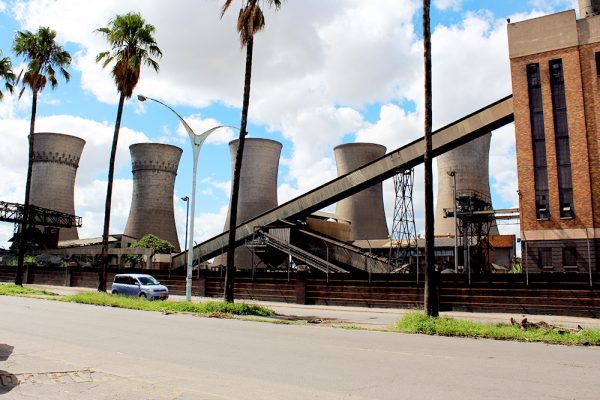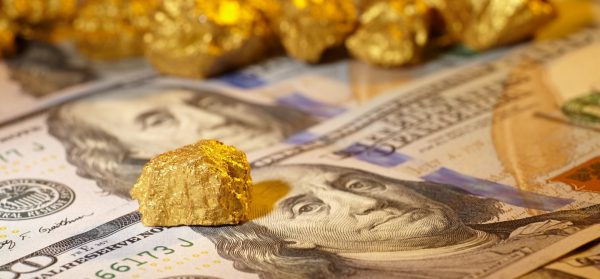New Zesa system punishes excessive usage

The Zimbabwe Electricity Transmission and Distribution Company (ZETDC) has effected a new tariff system to encourage domestic consumers to make optimal use of electricity within a calendar month.
The system is designed to encourage conservation of power by ensuring heavy domestic power users pay more.
ZESA public relations manager Mr Fullard Gwasira said the move was in line with recently approved electricity tariffs.
“The Zimbabwe Electricity Transmission and Distribution Company would like to advise its valued customers that it has now started implementing the stepped prepayment tariff for domestic consumers to replace the flat tariff of 14c/KWh which was previously in use for domestic customers.
“The flat rate tariff afforded customers of electricity a standard tariff for purchase despite the units purchased and the number of times customers bought electricity in the same month and thus wasteful and expensive for low poor users,” said Mr Gwasira in a statement. The stepped tariff is with effect from August 1.
“The prepayment tariff is designed to encourage practices, of conserving electricity to consumers, given the current power supply situation.
“The stepped domestic tariff electricity encourages consumers to use electricity more sparingly and efficiently and rewards them with a low tariff with heavy domestic power users having to pay more for higher consumption,” Mr Gwasira said.
He consumers to buy electricity units sufficient for their monthly consumption.
“Customers are thus advised to buy electricity units that are sufficient for their monthly consumption as any excess units would be charged at the higher tariff,” said Mr Gwasira.
In every calendar month customers, Mr Gwasira said, are afforded a lifeline tariff rate of ($0,06) $6,00 for the first 50kwh, which is enough electricity to power a two plate stove and five lights for a calendar month for a single-household with the next 150 KWh (51 to 200 KWh) in the same calendar month being charged at $0,30 ($30,00).
“The first 250 KWh are enough for the majority of domestic households. Any additional purchases in excess of 200 KWh with in the same calendar month, is thus charged at a higher rate of $0,40 ($40,00),” he explained.
He said that the lifeline tariff is enjoyed at point of the first purchases during any calendar month to cushion less privileged consumers.
“The reduced amount of electricity in kWh is due to the fact that the second purchase within the same calendar month is cumulative, and thus the customer would have exhausted the lifeline benefit for that particular month.
“In order to assist customer, prepayment vouchers will indicate how the units purchased are charged and the brands to which they belong, in compliance with the provisions as set by the regulator,” he said.
In addition, Mr Gwasira said the stepped tariff takes cognisance of the depressed power supply situation emanating from the law water levels at Lake Kariba and the need to conserve the available power and reduce imports.
The Herald


